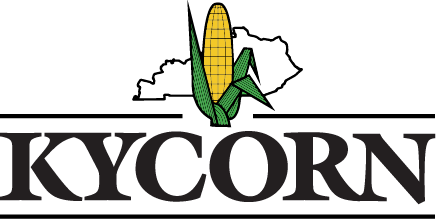A new study shows that the Renewable Fuel Standard not only saves drivers money at the gas pump every day, but also enhances energy security by greatly reducing or even eliminating the blow to our nation’s drivers when global oil production is disrupted. The analysis confirms that the growing supply of ethanol significantly helps dampen gasoline price shocks that result from sudden oil market disruptions. If renewable fuels were removed from the fuel supply, gas prices would be more than $1 per gallon higher, the study found.
With gas prices now rising because of the recent attacks on Saudi oilfields, this research is especially relevant today, noted Geoff Cooper, President and CEO of the Renewable Fuels Association.
“This research underscores what should be common sense: We need a diverse domestic fuel supply for real U.S. energy security,” Cooper said. “We can avoid unnecessary price spikes at the pump by incorporating more renewable fuels into the nation’s fuel supply and ensuring that healthy competition exists in the marketplace.”
The study, by independent economist and energy expert Dr. Philip K. Verleger, Jr., looks at oil market disruptions over nearly 50 years and provides an example in which the availability of ethanol avoids a significant impact to U.S. gasoline prices from a supply disruption.
“Retail prices would today be above $4 per gallon, not $2.90, were renewable supplies removed from the supply mix,” Verleger writes. “The lower gasoline prices, in turn, allowed consumers to spend more on the things they wanted rather than motor fuels. … The economic benefit of lower gasoline prices that is directly attributable to the availability of renewable fuels adds one to two percentage points to the U.S. GDP every year.”
Dr. Verleger catalogs various crises and their impacts on the oil supply, from the 1973 Arab Oil Embargo to ongoing political and economic challenges in Venezuela. This week’s attack on Saudi Arabia, which took place after this report was prepared, are estimated to affect 5 percent of the daily global oil supply. When it comes to crises such as these, Verleger asserts that even “a modest amount of renewable fuels can significantly moderate the price impact of market disruptions.”
The study incorporates and builds upon a May report by Dr. Verleger that found the RFS lowered gas prices by an average of 22 cents per gallon from 2015-2018, saving the typical American household $250 annually.
Finally, Verleger looks at how the competition in the fuel marketing sector, together with the availability of renewable fuels, acts as a counterbalance to the impact of refinery consolidation on supply and pricing. “Consumers would likely pay even higher prices if the mergers that created the large oligopolistic independent refiners had not been accompanied by a second trend: the creation of an aggressive, competitive petroleum marketing sector,” Verleger writes.


